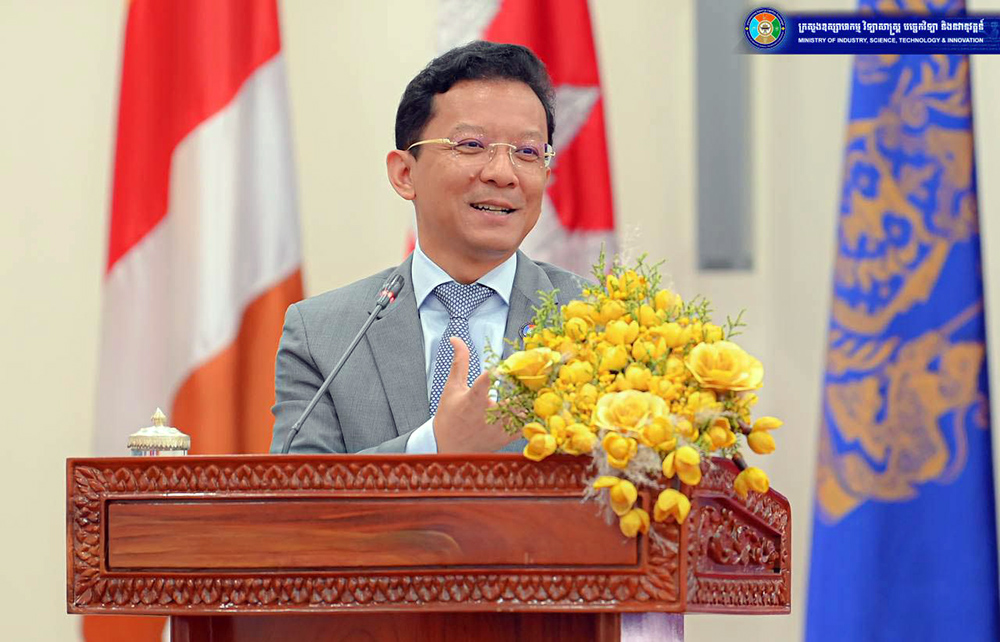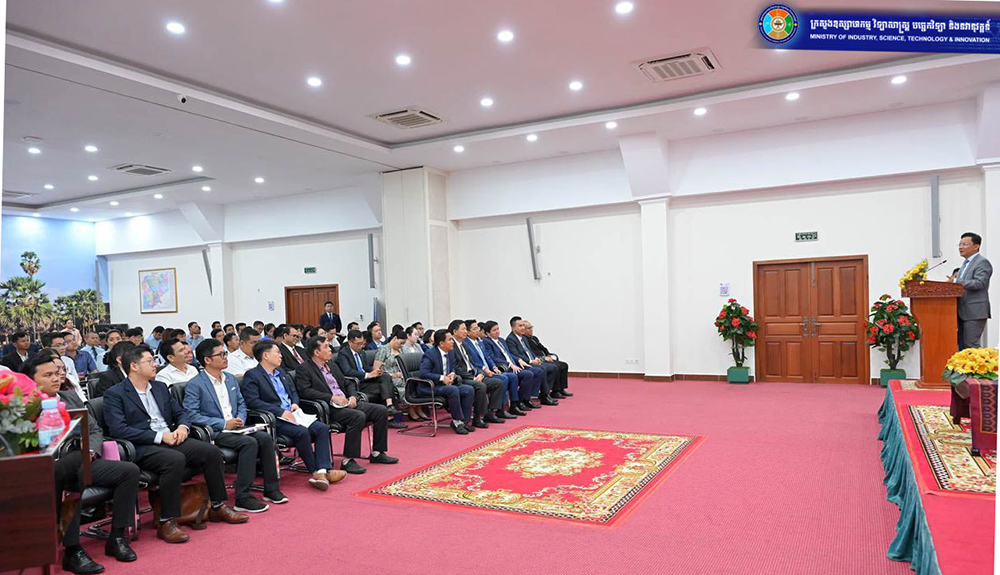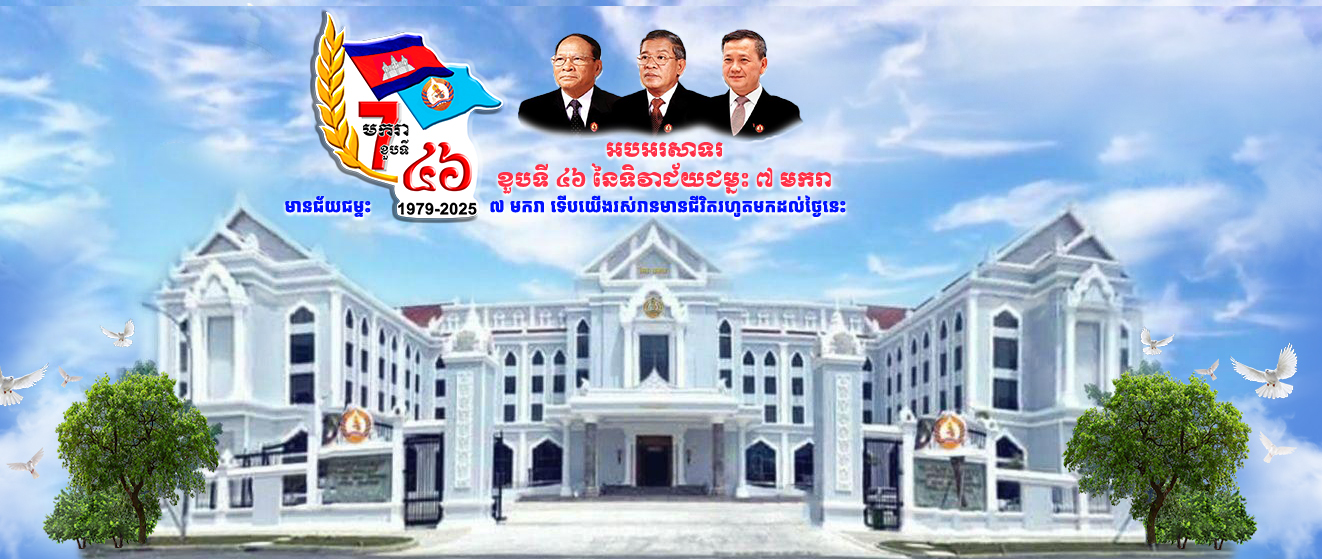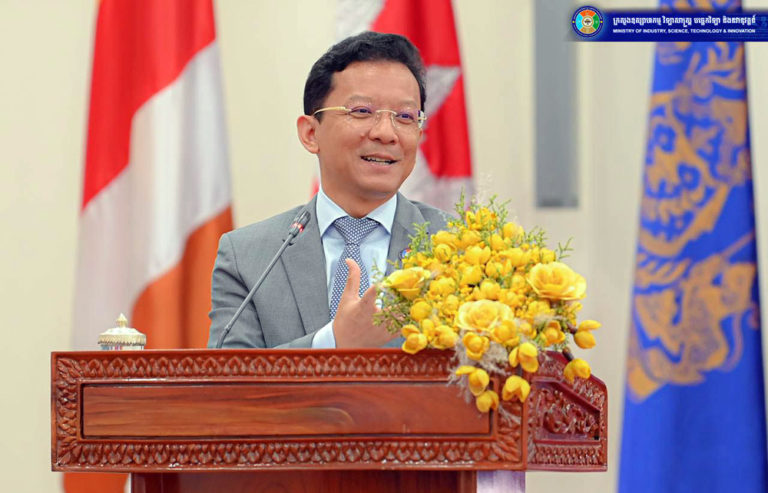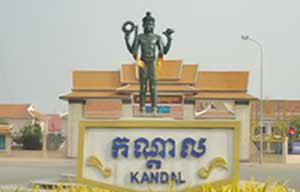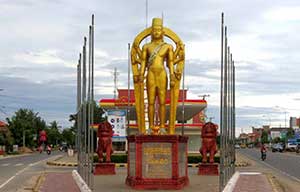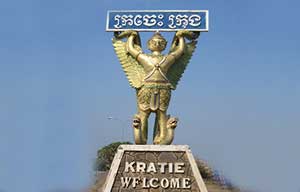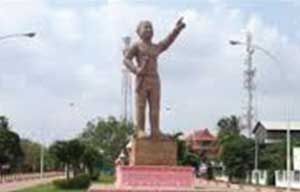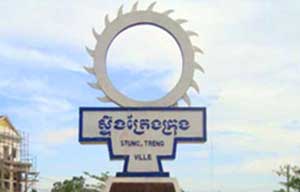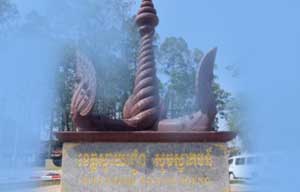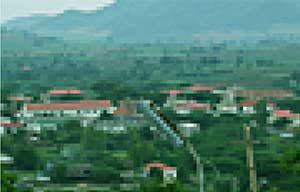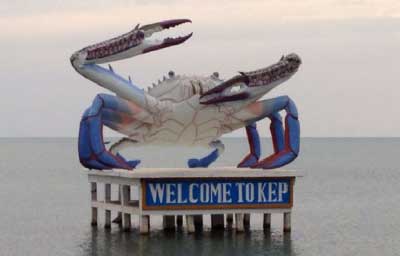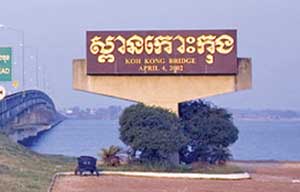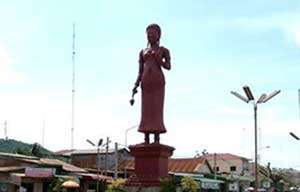The Ministry of Industry, Science, Technology & Innovation (MISTI) hosted here on Dec. 20 a workshop on guidelines for attracting talent to drive Cambodia’s socio-economic development.
Presided over by H.E. HEM Vanndy, Minister of MISTI, the event brought together representatives from government ministries-institutions, the private sector, and development partners to discuss and validate the guidelines targeting skilled professionals in key sectors such as science, technology, health, and engineering.
In his address to the event, H.E. Minister highlighted the global shift from natural resource reliance to prioritising human development as a sustainable foundation for economic advancement. “Human capital is a vital and sustainable resource for social and economic development, and talent attraction is an essential component in today’s global economic competition,” he said.
H.E. HEM Vanndy outlined several key mechanisms designed to attract talent such as scholarships, long-term and short-term research programs, employment permits, residential rights, visa waivers, financing options, citizenship pathways, and various other incentives.
The Guidelines on Talent Attraction for Cambodia also aims to encourage Cambodian students who have studied abroad to return and contribute to national development.
H.E. Minister also urged relevant ministries and institutions to actively enhance the Guidelines on Talent Attraction for Cambodia and to develop targeted strategies within their sectors to bolster knowledge, skills, and talent. He also emphasised the importance of involving talented individuals in the management structures of ministries-institutions and programmes at both national and sub-national levels.
To realise Cambodia’s 2030 and 2050 vision, the Royal Government of Cambodia is dedicated to advancing human capital development, as demonstrated in the Pentagonal Strategy-Phase 1, the National Policy on Science, Technology and Innovation 2020-2030, National Research Agenda 2025, and the Digital Economy and Society Policy Framework 2021-2035.
